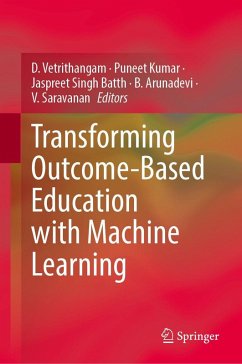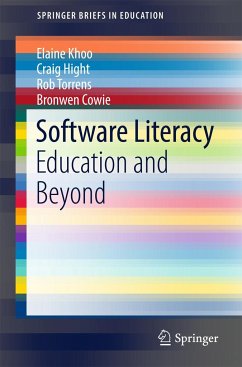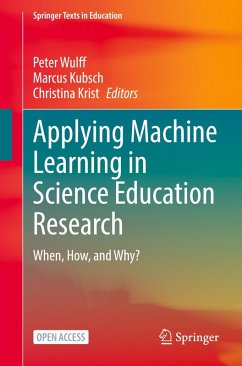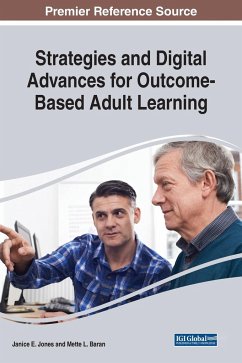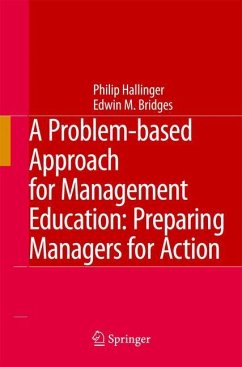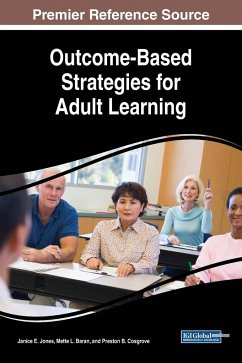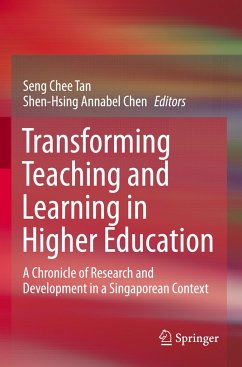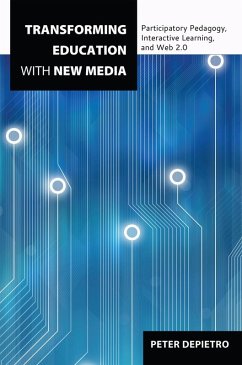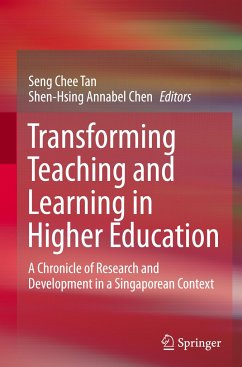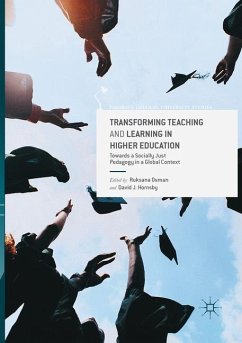Dr. D. Vetrithangam is working as a professor in the Department of Computer Science & Engineering at Chandigarh University, Punjab, India. She has more than 16 years of experience in teaching and research, and has published more than 57 research papers in various Scopus- and SCI-indexed journals and conferences. She is currently working in image processing, deep learning, machine learning, the Internet of Things, and remote sensing for various applications, including medical imaging, disease detection and prediction, cancer detection, soil moisture, and climate change. She has published books and book chapters, holds 12 published patents, and has more than 5 granted patents. She also guides Ph.D. and M.E. research scholars working in Machine learning, Deep Learning, Explainable AI, and Wireless Sensor Networks. Dr. Puneet Kumar is currently working as an associate director and professor in the Department of Computer Science & Engineering at Chandigarh University, Punjab, India. He believes in the philosophy of interdisciplinary research and has more than 20 years of experience across teaching, research, industry, and academic administration. His primary research interests include data science, machine learning, and e-government. He has published various research papers and articles in national and international journals, most of which are related to machine learning. He also guides Ph.D. and M.E. research scholars working in machine learning and explainable AI. He has published edited books titled "Artificial Intelligence and Global Society" and "The Stances of e-Government: Policies, Processes and Technologies." Dr. Jaspreet Singh Batth works as a professor and head in the Department of Computer Science & Engineering at Chandigarh University, Punjab, India. He has over 15 years of experience in teaching and research. As a Computer Science and Engineering professional, he has a strong background in both the theoretical and practical aspects of the field. His research focuses on machine learning for social media analytics, and he has published more than 32 peer-reviewed papers in reputed conferences and journals. He is also an active member of the research community and has served as a reviewer for various academic journals. He has been awarded the Silver+Elite certification in the NPTEL course "Accreditation and Outcome-Based Learning," conducted by the Indian Institute of Technology, Kharagpur. Dr. Aruna Devi B is an academician and a researcher at the Department of Electronics and Communication Engineering , Dr. N.G.P. Institute of Technology, Tamil Nadu, India. Her research interests are primarily in pattern recognition, embedded systems, robotics, and remote sensing, with an emphasis on artificial intelligence (AI), biomedical analytics, and learning-recognition for assistive computer vision. She has 18 years of experience, and serves as a Ph.D. guide with active scholars and has two Indian Utility Patent Grants and a German Patent Grant to her credit. She has published various books, chapters, and research papers in leading journals and conference proceedings and received project funding from government agencies. She has also been a peer-reviewer for many international journals, and is an active member of various professional societies. Dr. V. Saravanan is an accomplished academician and researcher who has been serving as an associate professor at Dambi Dollo University in the Oromia Region, Ethiopia, since February 2020. With a rich academic background and extensive experience, Dr. Saravanan has made significant contributions to engineering and technology. Before his current position, Dr. Saravanan served as an Associate Professor at KL University, Vijayawada, Andhra Pradesh, from April 2019 to November 2020. Before that, he served as an associate professor for 6 years and 10 months at PSV College of Engineering and Technology, Krishnagiri, from June 2012 to April 2019. His academic journey began as an assistant professor at Adhiyamaan College of Engineering, Hosur, where he served for 4 years from June 2008 to May 2012, focusing on teaching and research.
